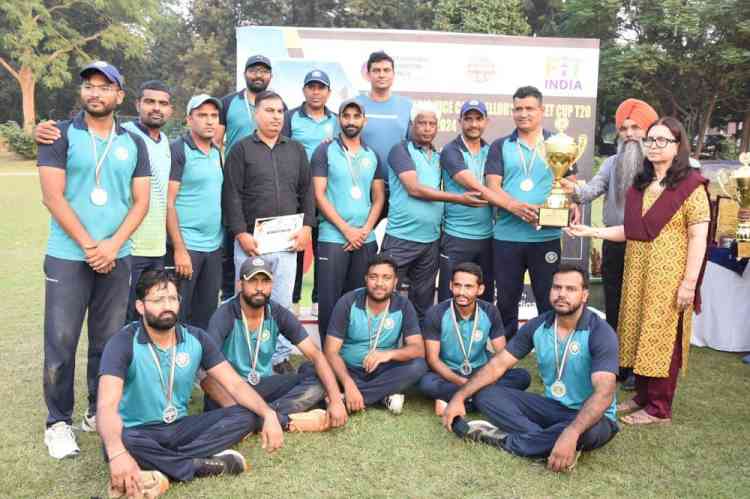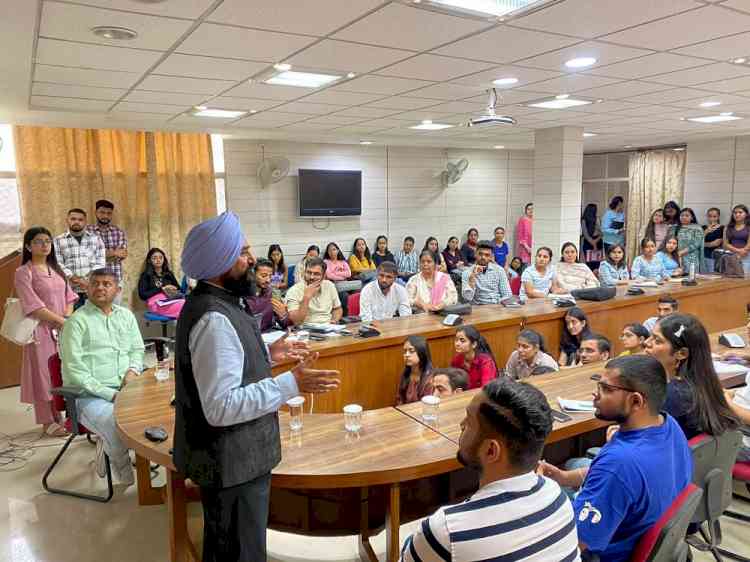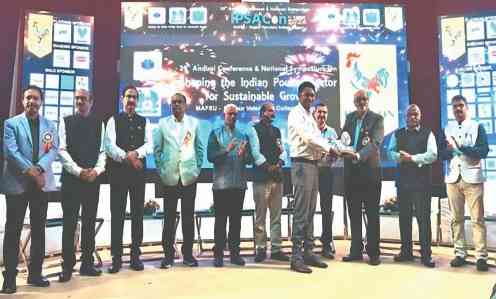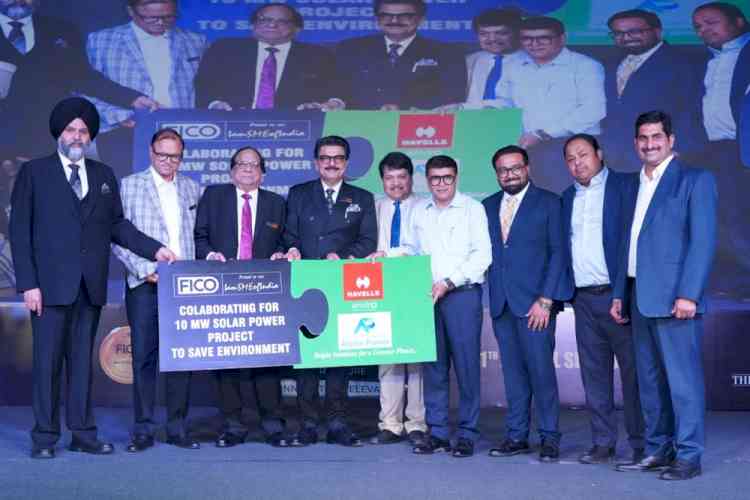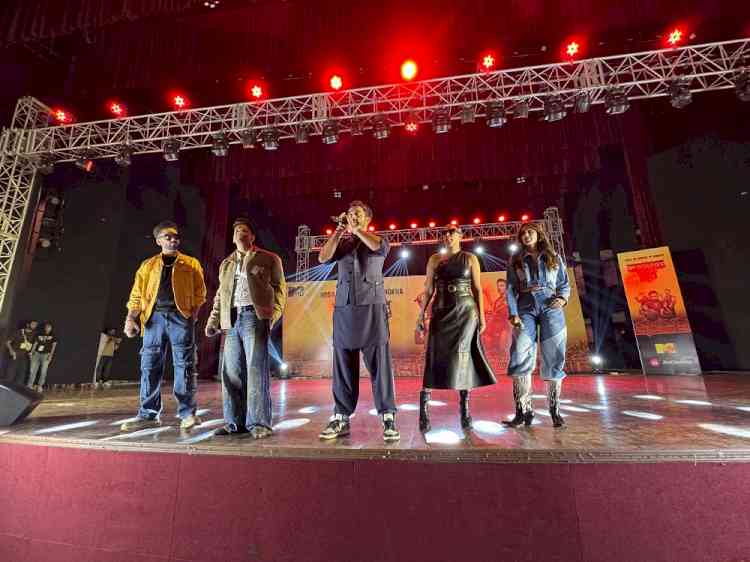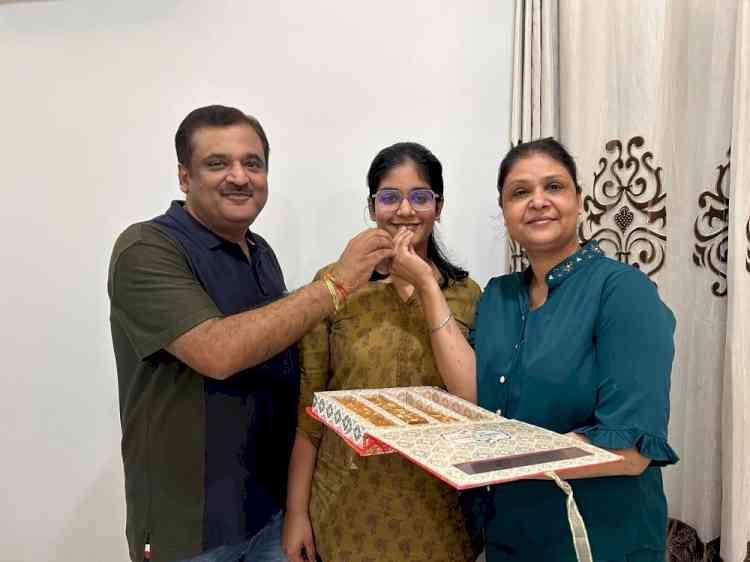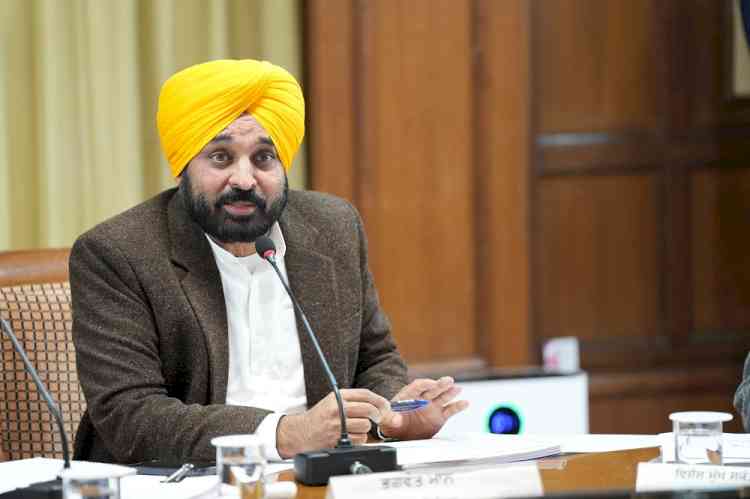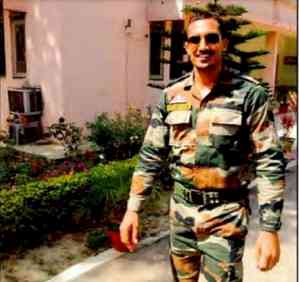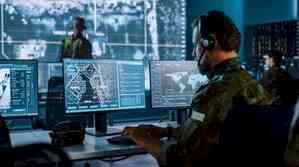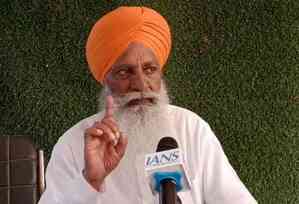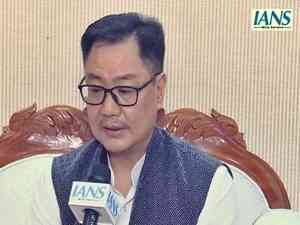Brigadier D.S. Sarao delivers lecture on “The World at War: The Middle East Imbroglio”
Department of Defence and National Security Studies (DDNSS), Panjab University, Chandigarh organised a special lecture on the topic “The World at War: The Middle East Imbroglio” by Brigadier D.S. Sarao at PU Campus today.
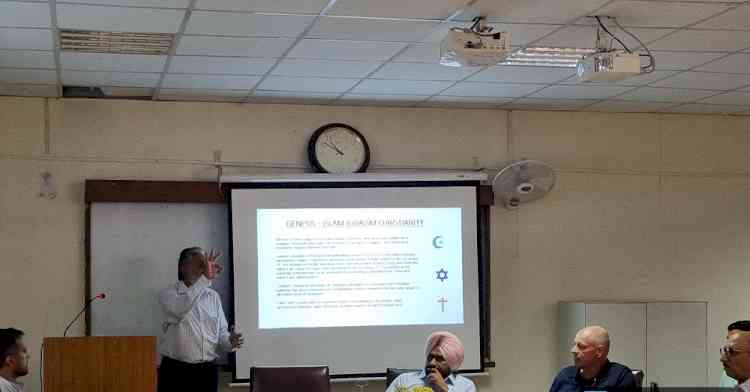
Chandigarh, October 22, 2024: Department of Defence and National Security Studies (DDNSS), Panjab University, Chandigarh organised a special lecture on the topic “The World at War: The Middle East Imbroglio” by Brigadier D.S. Sarao at PU Campus today.
Brigadier Sarao is a prolific writer on military and strategic affairs of India. The special lecture was organised under the guidance of DDNSS Chairperson Dr. Jaskaran Singh Waraich. Dr. Waraich introduced the theme of the special lecture and its relevance to the emerging geopolitics of the world to the audience.
In his lecture, Brigadier Sarao focused primarily on the ongoing conflict of Israel-Hamas and its ramifications for the Middle East. It traced the genesis of the conflict to the ancient history of the Palestine region. It is the birthplace of the religions of Islam, Christianity and Judaism. There has been a history of clashes among these religions in this region. In the 19th and 20th century, suppression and execution of Jews in Europe especially in Nazi Germany led to migration of Jews to Palestine. Increasing Jews population and rising Palestine Arab Nationalism led to clashes in the palestinian society. British policy of Divide and Rule and their untimely withdrawal resulted in civil war. UN resolution 181 in 1947 divided Palestine into Jewish and Arab states, with Jerusalem under international control. UN resolution divided Palestine into Jewish and Arab states, with Jerusalem under international control, he added.
Brigadier Sarao discussed Arab-Israeli wars of 1948, 1967 and 1973 and their role in shaping ongoing conflict. He was of the view that in the case of the Israel-Iran war, complete victory is not possible for either side. Israel may target high value targets such as nuclear sites and oil facilities in Iran while Iran will target military establishments in Israel. He also discussed the possible implication of such war for the world. The war would be of protracted nature and pose a direct threat to energy and trade routes passing through this region. This will have serious implications for economies across the world. He was of the strong view that the two sides should come to table and discuss their differences, which is the only way to stop this humanitarian crisis. In the lecture, he also touched briefly on the India-Israel relations. India’s trade with Israel is fast growing and it is also a main defence equipment and technology supplier to India.
Dr. Shaveri Thakur proposed the vote of thanks and emphasised on the need to develop a more comprehensive understanding of this complex issue. The seminar was attended by the faculty, research scholars, students and student officers of the Department.


 City Air News
City Air News 
